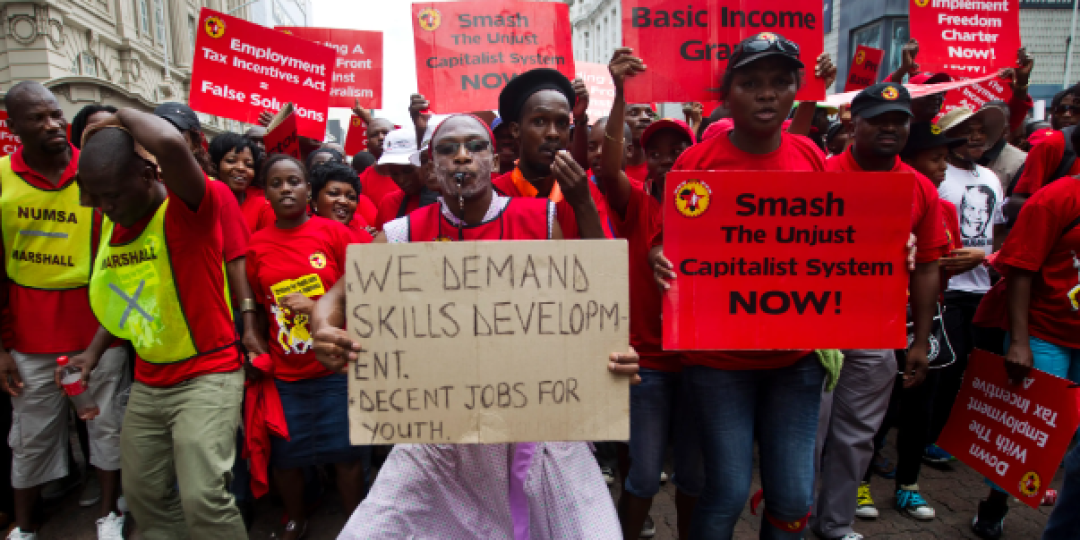Standard Bank's analysis of the economic climate in South Africa suggests that the Reserve Bank may be poised to implement monetary easing measures.
This potential shift is driven by a decline in inflation, which is expected to continue, creating a favourable environment for the central bank to consider cutting interest rates.
The goal of such a move would be to stimulate domestic market growth and create jobs, which are crucial for addressing the country's high unemployment rate, which in the first quarter of the year increased from 32.1% to 32.9%.
The youth unemployment rate, for those aged 15 to 24 years, reached a staggering 59.7% in Q1, up from 59.4% in the previous quarter.
According to data aggregator site, Statista, the unemployment rate is particularly high among Black South Africans, reaching 36.9% in Q1 this year, compared to 9.2% for white South Africans.
Women also face higher unemployment rates than men, with the female unemployment rate close to 36% compared to 30% for men, Statista added.
According to Trading Economics, the number of unemployed individuals in South Africa surged by 330 000 in Q1, reaching 8.2 million.
The high unemployment rate reflects the ongoing struggles of the South African economy to create enough jobs, especially for the youth and disadvantaged groups. Addressing this issue remains a major priority for policy makers.
Standard Bank Group chief economist, Goolam Ballim, has in the recent past warned that the unemployment rate remains extremely high, with recent figures indicating a dire situation.
The country's economic performance has been underpinned by household spending, particularly from high-income earners, and is expected to continue benefiting from a lagged recovery in employment and ongoing pro-poor fiscal support.
However, South Africans face the burden of high food and fuel prices, increased electricity tariffs and broader economic uncertainty.
More recently, Ballim said 2024 will be a challenging year for South Africa, marked by high levels of economic uncertainty.
The country's economic growth is expected to be minimal, with a projected growth rate of 0.6% for 2024.
This slow growth is attributed to various domestic and global factors, including the national elections, geopolitical tensions, and ongoing crises at state-owned entities like Eskom and Transnet.
Lower inflation and relaxed interest rates could create much-needed market buoyancy for the domestic market, Ballim said.













